
Patent Searchlight - Patent Idea Analysis
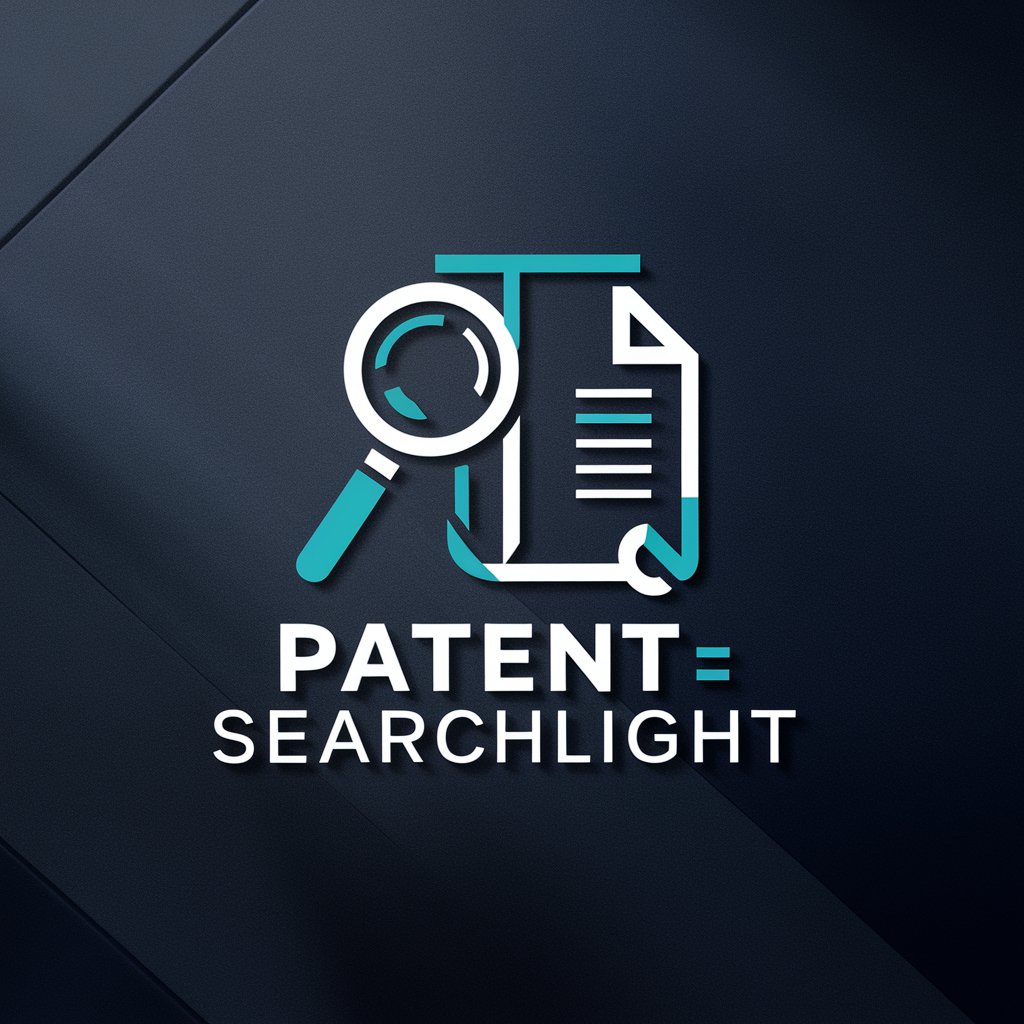
Welcome to Patent Searchlight, your guide for comprehensive patent analysis.
Illuminate Your Patent Path with AI
Compare the novelty of my patent idea against existing patents in the USPTO database.
Generate a comprehensive report on the distinctiveness of my invention.
Analyze similarities between my patent application and existing patents.
Provide a detailed analysis of how my patent idea stands in relation to current pending applications.
Get Embed Code
Introduction to Patent Searchlight
Patent Searchlight is a specialized tool designed for conducting in-depth patent searches and analyses, with a keen focus on navigating the United States Patent and Trademark Office (USPTO) database. Its primary aim is to aid inventors, researchers, and businesses in identifying any similarities between their patent ideas and existing patents or pending applications. By leveraging real-time patent information and utilizing advanced data analysis techniques, Patent Searchlight provides users with comprehensive reports on how their patent ideas compare in terms of distinctiveness and potential infringement issues. An example of Patent Searchlight's application involves a user seeking to patent a new type of solar panel technology. Using Patent Searchlight, the user can precisely understand how their technology differs from existing patents in the same field, highlighting unique aspects and potential overlaps, thereby refining their patent application to emphasize its novelty and non-infringement. Powered by ChatGPT-4o。

Main Functions of Patent Searchlight
Real-time Patent Database Searches
Example
Navigating the USPTO database to find patents related to biodegradable packaging materials.
Scenario
A company developing biodegradable packaging wants to ensure their product doesn't infringe on existing patents. Patent Searchlight can sift through current patents and pending applications, providing a detailed analysis of any similar technologies and suggesting modifications to enhance patentability.
Similarity Analysis
Example
Comparing a new smartphone screen technology with existing patents.
Scenario
An inventor has developed a new method for manufacturing smartphone screens that are more durable and less reflective. Patent Searchlight can compare this new technology against existing patents to identify any potential infringement issues and suggest areas where the inventor can emphasize the novelty of their invention.
Non-infringement and Novelty Reports
Example
Generating a report for a novel method of water purification.
Scenario
A researcher working on a revolutionary water purification technique uses Patent Searchlight to receive a detailed report on how their method compares to existing patented technologies. This report helps in understanding the unique aspects of their invention and guides the drafting of a patent application that clearly outlines the innovation's novelty.
Ideal Users of Patent Searchlight Services
Inventors and Individual Researchers
Individuals seeking to patent their innovations can utilize Patent Searchlight to navigate the complex landscape of existing patents, ensuring their inventions are unique and patentable. This service is invaluable for highlighting areas of potential overlap and providing strategic insights for emphasizing the novelty of their ideas.
Startups and Small Businesses
Emerging companies with limited legal resources can benefit significantly from Patent Searchlight's detailed analyses. By identifying potential patent infringement risks early, these entities can adjust their development strategies to avoid costly legal battles and secure a competitive edge in the market.
R&D Departments in Larger Corporations
Research and development teams within large corporations can use Patent Searchlight to streamline their patent search processes, ensuring their innovations are both novel and non-infringing. This tool can support ongoing product development by providing real-time insights into the patent landscape, facilitating more informed decision-making.

How to Use Patent Searchlight
Start with a Free Trial
Visit yeschat.ai to access a free trial of Patent Searchlight without the need for login or a ChatGPT Plus subscription.
Define Your Idea
Clearly describe your patent idea, including its purpose, components, and any unique features. This clarity will help in accurately searching for existing patents.
Use Advanced Search Options
Leverage advanced search options by specifying keywords, patent numbers, inventors, or classifications to refine your search and better match your idea.
Analyze Results
Review the search results for existing patents or applications that might be similar to your idea. Pay close attention to the abstracts and claims sections for details on scope and claims.
Consult for In-depth Analysis
For further clarity on your idea's uniqueness and patentability, consider consulting with a patent professional or attorney, utilizing the insights gained from Patent Searchlight as a foundation.
Try other advanced and practical GPTs
Trucking Mile Calculator
Streamline your hauls with AI-driven insights.
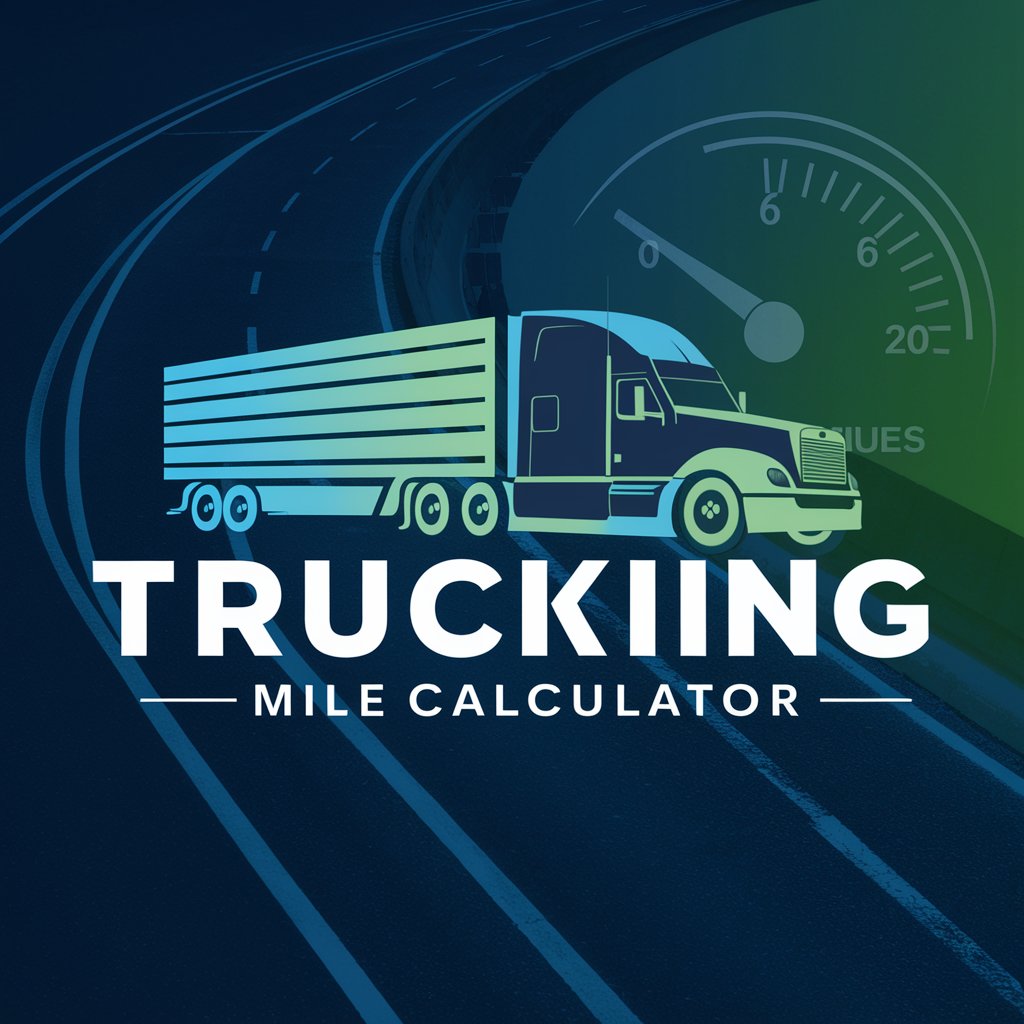
OCT Quote Assistant
AI-powered, precise shipping estimations.

Aussie Trucking Guide
AI-powered route and break planning for truckers
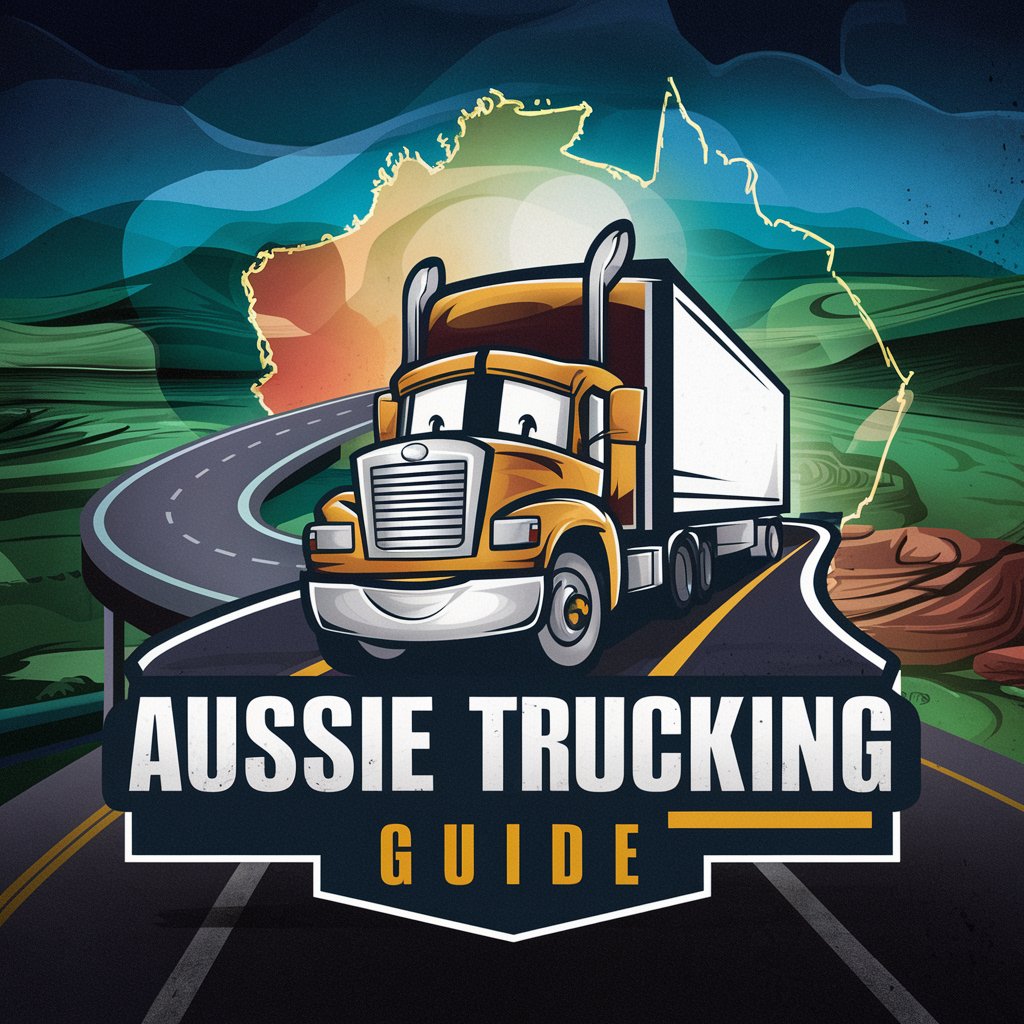
Steve Hunter
Bringing the Road to Life with AI

Trucker Bull
Streamlining Trucking with AI

Green Guide
Empowering eco-friendly decisions with AI.

Underground Music
Discover the Beat of the Underground

Melody Scout
Uncover hidden musical gems with AI
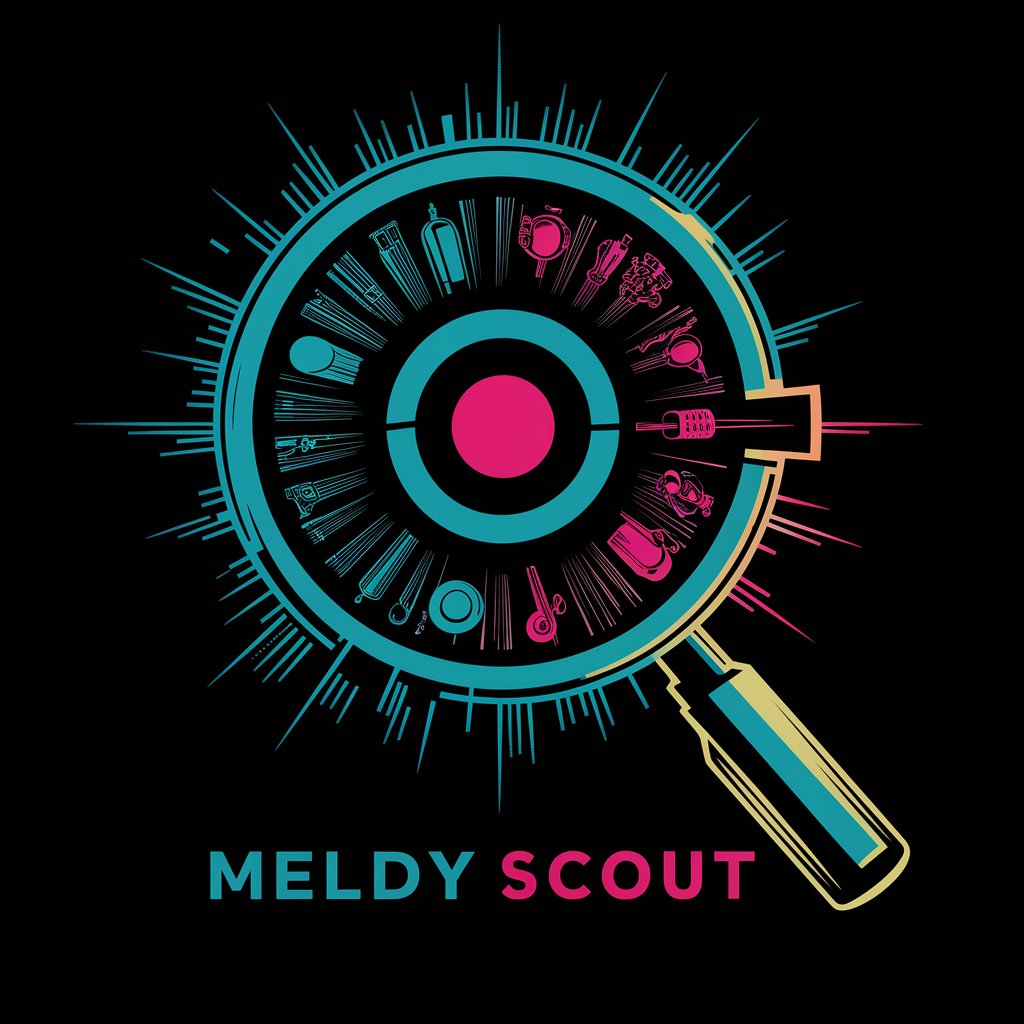
Rhythm Recommender
Discover Music with AI Precision

Basquiat GPT
Discover and Create with AI-Powered Street Art Insight
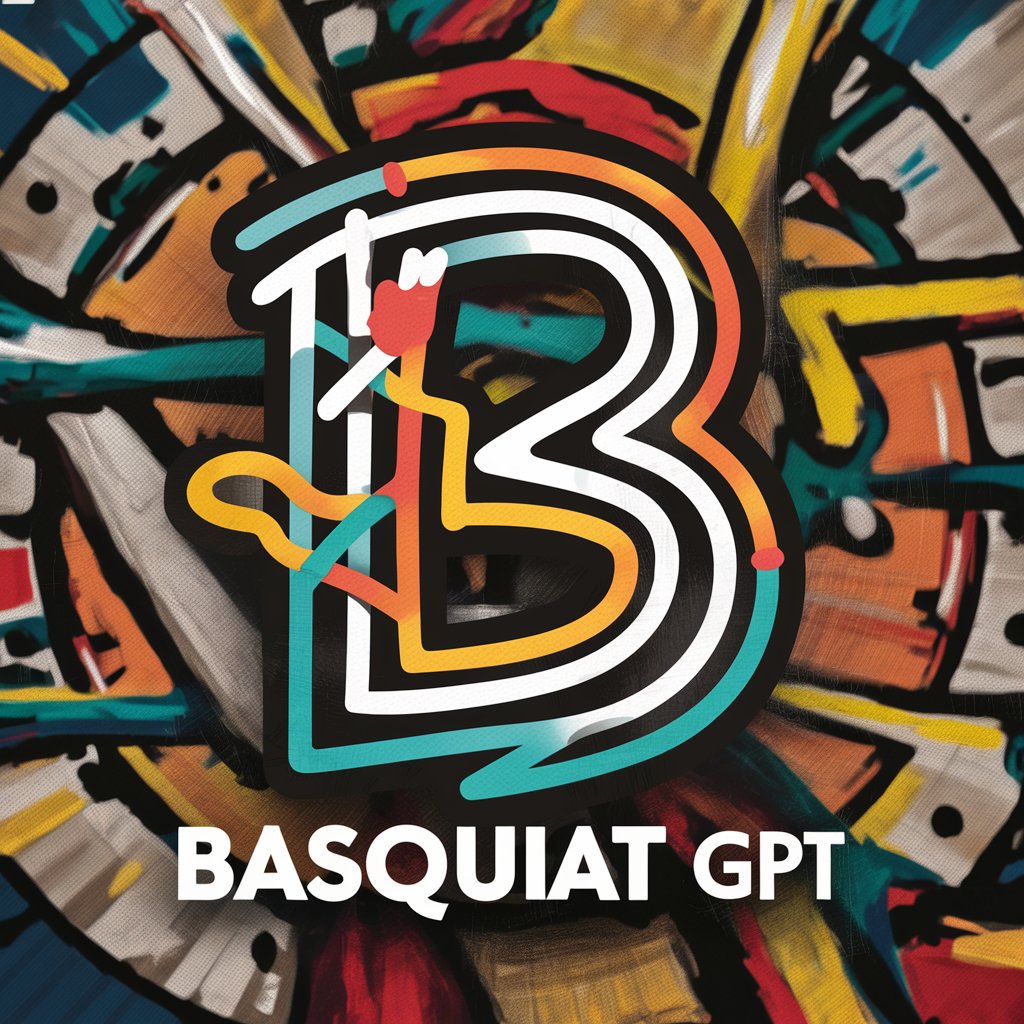
MadJohnShaft Underground Music Expert Reco System
Discover the Depths of Underground Music
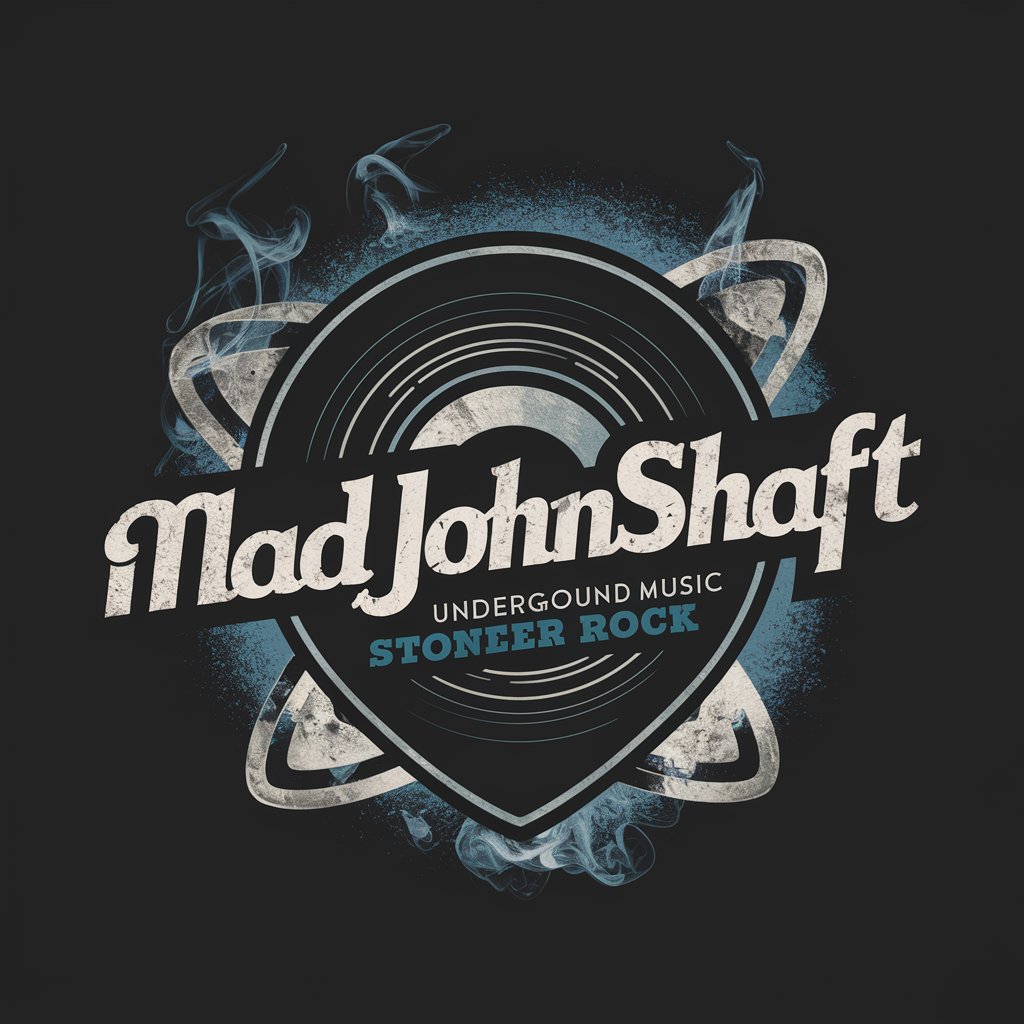
Fibbing Scholar
Learn with Laughter: AI-Powered Mischief
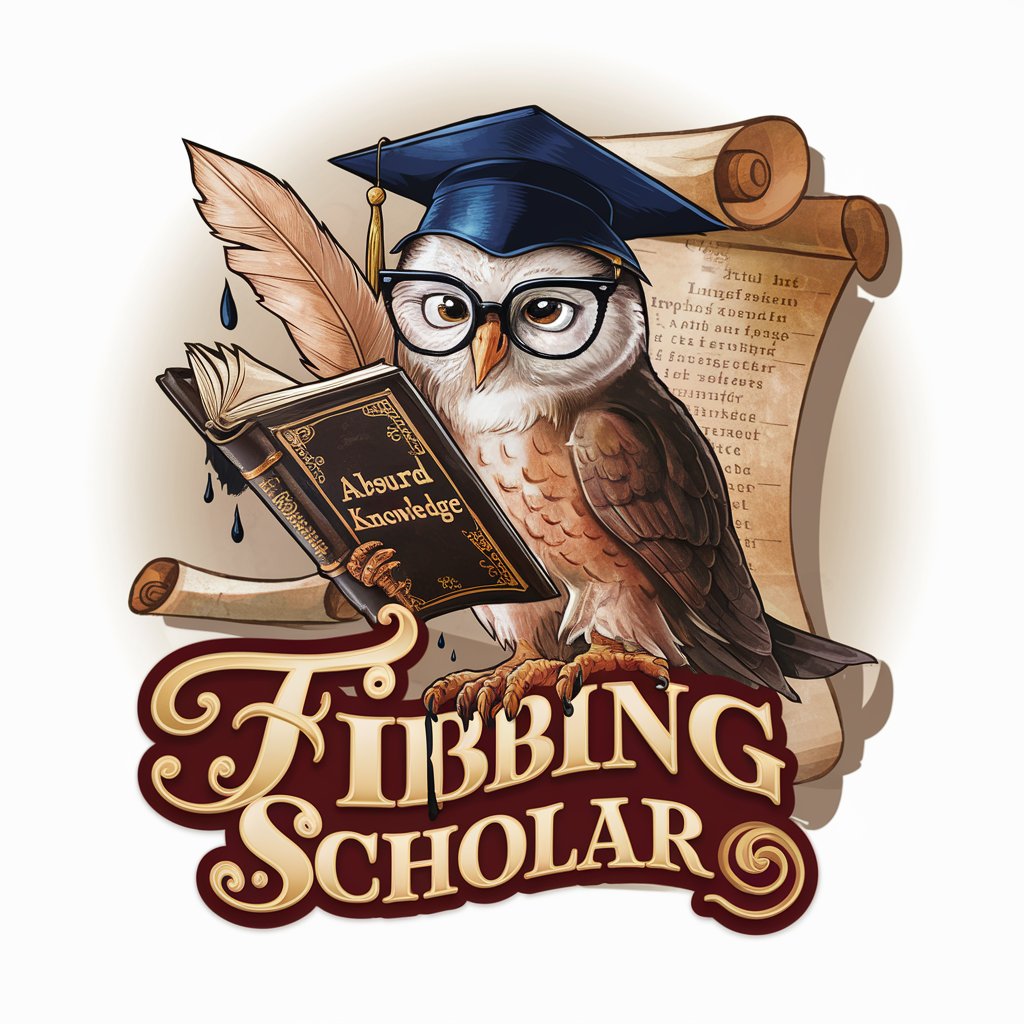
Frequently Asked Questions about Patent Searchlight
Can Patent Searchlight replace a patent attorney?
No, Patent Searchlight is designed to assist in the preliminary stages of patent research. It provides detailed insights and identifies potential similarities with existing patents, but it cannot replace the legal advice and expertise of a patent attorney.
How does Patent Searchlight handle different jurisdictions?
Patent Searchlight primarily focuses on the United States Patent and Trademark Office (USPTO) database. It helps users navigate and analyze patents within this jurisdiction, offering insights into US patent law and applications.
What makes Patent Searchlight different from other patent search tools?
Patent Searchlight stands out due to its advanced AI-powered analysis capabilities. It not only searches for patents but also provides comprehensive comparisons and insights, helping users understand the uniqueness and patentability of their ideas.
Can I use Patent Searchlight for non-technical patents?
Yes, Patent Searchlight is versatile and can be used for a wide range of patents, including technical, design, and utility patents. Its advanced search capabilities allow for detailed searches across various fields.
How current is the patent data in Patent Searchlight?
Patent Searchlight uses real-time access to the USPTO database, ensuring that users have the most current and comprehensive data available for their searches. However, users should be aware of the publication delay inherent in patent applications.